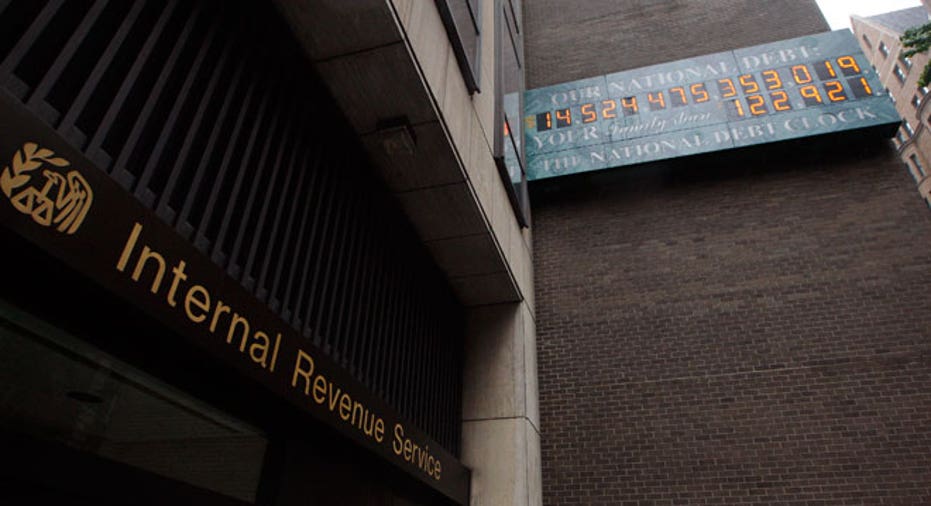IRS Denies Another ACA Delay

The IRS is denying claims of another enforcement delay of a provision in the sweeping Affordable Care Act.
According to a report in the New York Times on Saturday, the part of the law that prohibits employers from providing better health-care benefits to higher-paid executives is not being enforced in 2014.
This provision should have gone into effect six months after the ACA was signed into law. The president added his signature to the legislation on March 23, 2010.
The law requires the government to provide tax breaks for employer-sponsored plans, but the newspaper reports the IRS is struggling to issue regulations for employers to follow this equal coverage provision. This will be the 11th tweak or delay to the law since open enrollment period kicked off on Oct. 1, 2013.
IRS spokesperson Michelle Eldridge refutes the delay, saying the agency is not required to enforce the rule it until it writes the regulations for employers to follow.
“The IRS has not announced any new or additional information on this issue. The New York Times story refers to IRS Notice 2011-1, which was released to the press on December 22, 2010. That Notice stated that the sanctions under Public Health Service Act Section 2716 will not apply until after generally applicable guidance is issued, because the statute requires regulatory detail in order to operate properly. Work on that guidance continues, taking into consideration comments received from the public. Any suggestion that there is a new delay is misleading,” she wrote in a statement to FOXBusiness.com
Under the Affordable Care Act’s employer mandate provision, which was delayed till 2015, every business with at least 50 or more full-time workers must offer their employees benefits or face a penalty of $2,000 per worker per year for failing to comply.
Keith McMurdy, benefits attorney at Fox Rothschild, says in the past, it was easy to have higher- paid workers participate in these plan. Non-discrimination rules will apply to all plans once the IRS writes its regulations.Most insurers require at least 75% participation amongst employers in order to underwrite and McMurdy fears it may be harder to get lower-paid employees in the mix.
“These non-discrimination rules now apply to all plans, and [the Department of Health and Human Services] realized that on Jan. 1, there was a hole regarding these plans,” McMurdy says. “In order to pass ‘discrimination tests’ you now need all low-compensation employees to participate, and if they opt out because they can get coverage on the exchange for free, I might not be able to offer coverage at all.”
Devon Herrick, senior analyst at the National Center for Policy Analysis, says in the past, federal law was designed to stop corporations from gaming the system by designing plans that only highly-compensated workers would buy.
“This [IRS] regulation created a slight cross-subsidy which made coverage more affordable for lower-paid workers,” he says. “This new delay is a little worrisome for the ACA. There are already perverse incentives that encourage firms to design health plans that the lower-paid workers don’t necessarily want to pay for.”
Herrick spells out the following example—assuming a firm’s health plans for individual workers cost $3,000 for a high-deductible plan, $7,000 for a comprehensive Cadillac plan.
“A $30,000 worker would probably find the high-deductible plan not worth the money, while finding comprehensive plans unaffordable,” he says. “On the other hand, highly-compensated employees may find the comprehensive plans a great deal.”



















